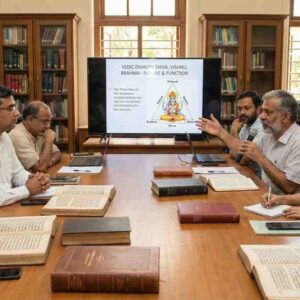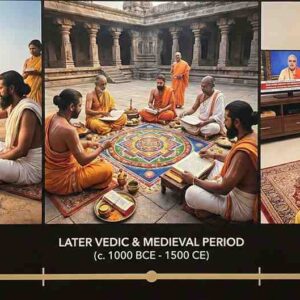Landmark Ruling Affirms Gender Equality in Religious Practices
Key Metrics:
- Affected Population: Over 5 million annual visitors to Sabarimala Temple.
- Historical Exclusion: Women aged 10 to 50 were traditionally barred from entry.
- Legal Challenges: Multiple petitions filed since 2006 advocating for women’s rights.
Supreme Court’s Decision on Sabarimala Temple AccessIn a historic judgment, the Supreme Court has upheld the right of women of all ages to enter and worship at the Sabarimala Temple in Kerala. This ruling marks a significant victory for gender equality, addressing longstanding discriminatory practices that have restricted women’s participation in religious rituals based on age and gender.
Implications of the Ruling for Religious and Social NormsThe court’s decision reinforces the constitutional rights to equality and freedom of religion, challenging traditional norms that have excluded women from full participation in religious life. This judgment is expected to influence other religious sites and practices where similar gender-based restrictions exist.
Diverse Reactions to the Supreme Court’s JudgmentOpinionated View:Advocates for women’s rights laud the decision as a breakthrough for gender equality in India. They celebrate the ruling as a step forward in dismantling patriarchal structures within religious practices, enhancing women’s autonomy and dignity.
Neutral Analysis:While the ruling is celebrated by many, it also faces opposition from certain religious groups who argue that it disrupts traditional practices and beliefs. This highlights the ongoing tension between constitutional rights and religious freedoms, suggesting a need for sensitive handling of such issues to respect diverse viewpoints while upholding fundamental rights.
Official Responses and Future DirectionsThe Kerala state government, along with temple authorities, has been directed to ensure compliance with the ruling and facilitate safe and equal access for women visitors. The government has pledged to undertake measures to educate and prepare the community for this change, aiming to integrate respect for legal mandates with cultural sensitivities.












